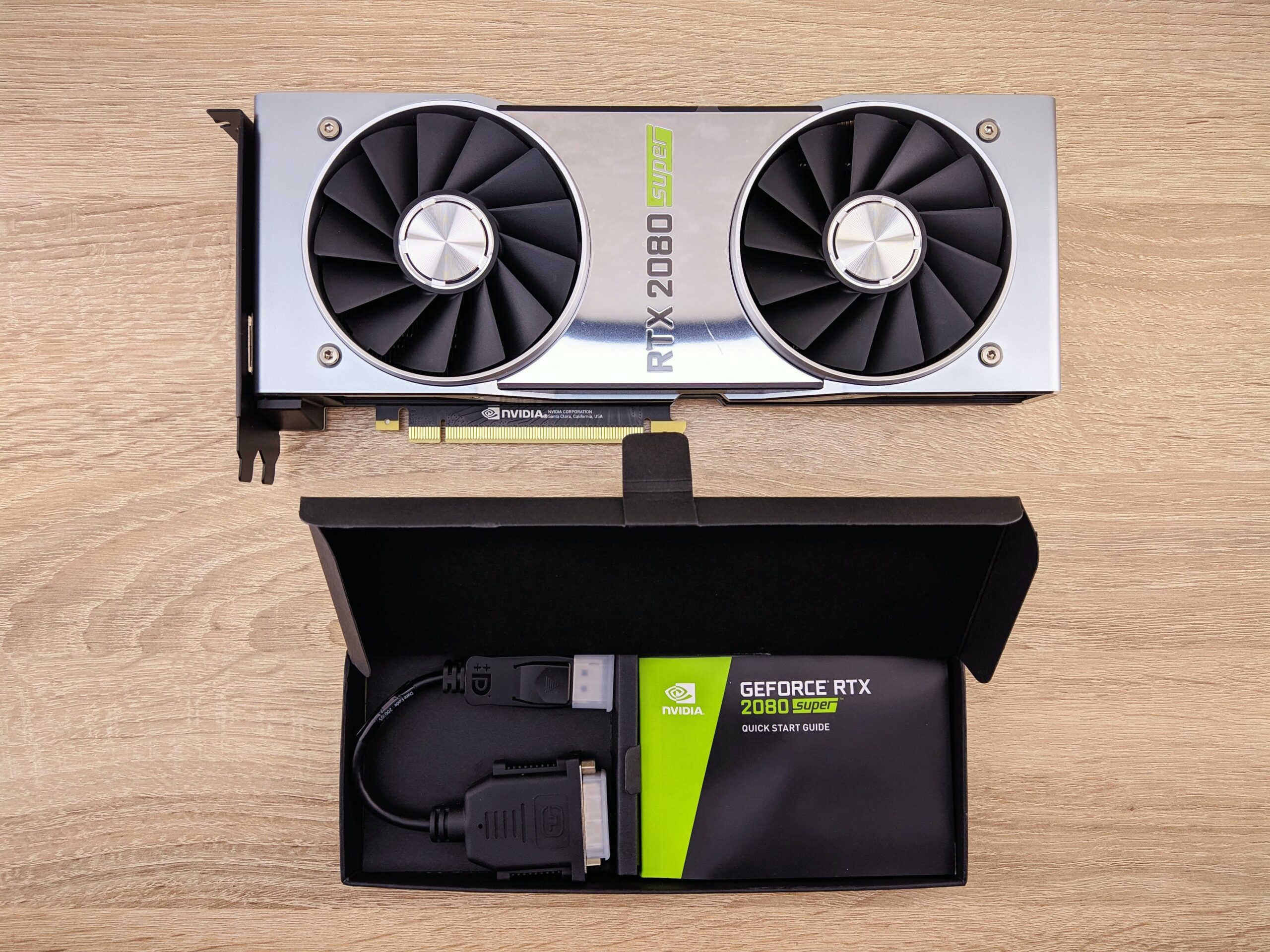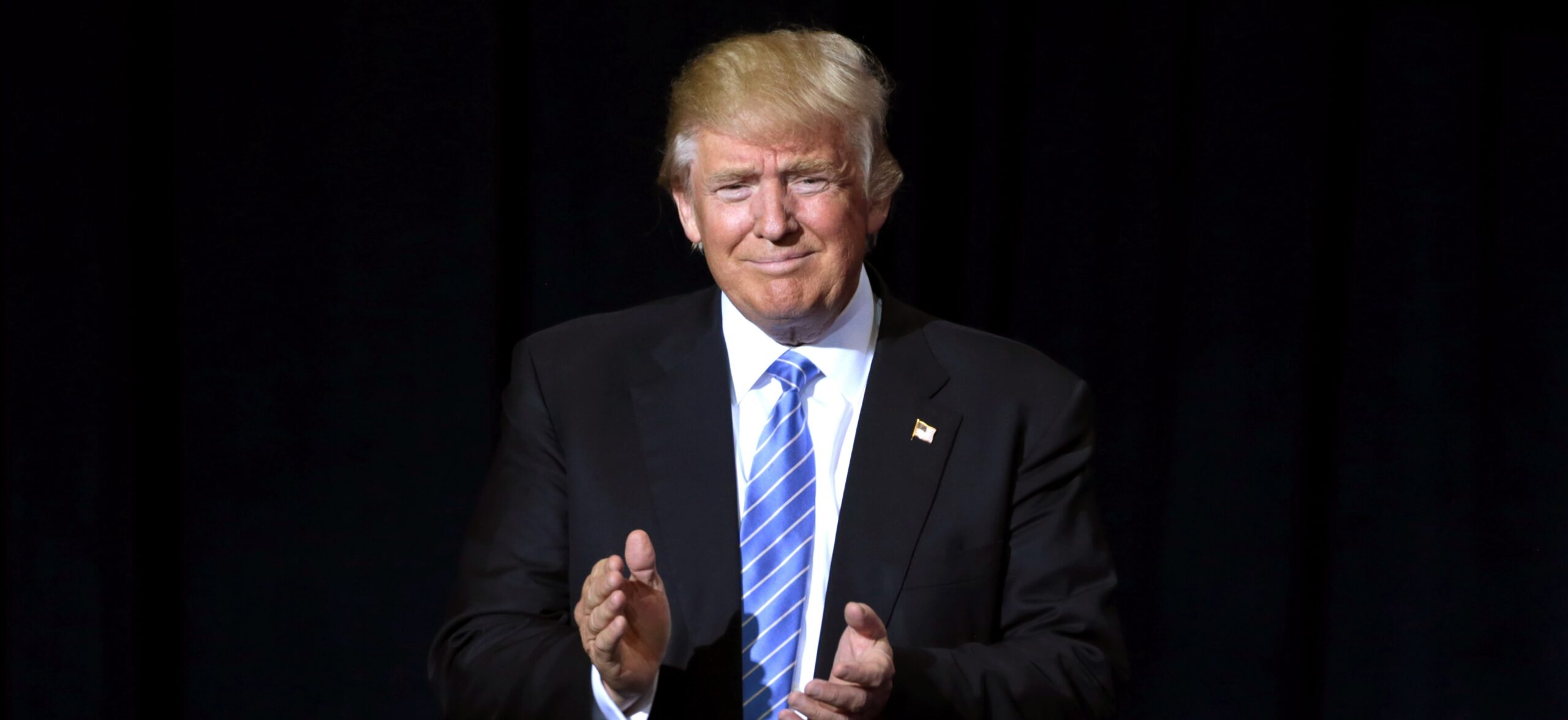Biden set to tighten Nvidia AI chip exports to maintain US AI dominance

The Biden administration is preparing a final round of export restrictions on advanced artificial intelligence (AI) chips, marking a last-minute effort to limit China and Russia’s access to cutting-edge technologies, as per a Bloomberg report.
The proposed measures aim to consolidate US leadership in AI development and ensure global compliance with American security and human rights standards.
America’s bid to control AI Chips
The report said citing sources that the new rules will introduce a three-tier system for regulating the export of AI chips, which are crucial for data center operations and advanced computational tasks:
Tier 1 Countries: This group includes the US and 18 key allies, such as Germany, Japan, South Korea, and Taiwan.Companies headquartered in these countries will face minimal restrictions and can apply for blanket US government permissions to ship chips worldwide.
To qualify, firms must adhere to strict conditions, such as keeping at least 75% of their computing power within Tier 1 nations and limiting operations outside these countries.
US-based companies must also maintain at least half of their computing power domestically to secure this status.
Tier 2 Countries: The majority of countries fall into this category.
For these nations, the US will impose limits on the total number of AI chips that can be imported, equivalent to about 50,000 graphic processing units (GPUs) over three years from 2025 to 2027.
However, companies can bypass national limits and gain higher import caps by achieving “validated end-user” (VEU) status.
To qualify, firms must demonstrate a credible track record of meeting US government cybersecurity, physical security, and human rights compliance standards.
Tier 3 Countries: This group includes China, Macau, and nations under U.S. arms embargoes, such as Russia.
These countries will face the strictest restrictions, with shipments of advanced AI chips to their data centers being broadly prohibited.
The overarching goal of these tiers is to ensure that US and allied nations retain superior computing power compared to the rest of the world.
Nvidia opposed to the idea
The proposed measures have already sparked criticism from the semiconductor industry.
Nvidia, the world’s leading AI chipmaker, warned that the restrictions could harm economic growth and U.S. technological leadership.
“A last-minute rule restricting exports to most of the world would not reduce the risk of misuse but would threaten economic growth and US leadership,” the company stated.
The Semiconductor Industry Association also expressed concerns, urging the administration to avoid rushing such a significant policy change during a presidential transition.
The group emphasized the need for a deliberative process to ensure the U.S. maintains its global competitiveness in semiconductor manufacturing and AI technology.
AI software under control
The new rules also extend beyond hardware to include software, particularly closed AI model weights—numerical parameters used in AI models for decision-making.
The proposed regulations will prohibit hosting these model weights in Tier 3 countries and impose security requirements for Tier 2 nations.
Open weight models, which allow public access to underlying code, are exempt from these rules.
However, companies seeking to fine-tune open models for specific applications in Tier 2 nations will need US government approval if the process involves significant computational resources.
US wants AI leadership
The Biden administration views these measures as critical to maintaining US dominance in AI development.
By controlling the flow of advanced chips and establishing strict export rules, the US aims to ensure that its allies have access to superior computing power while curbing the technological advancement of adversaries.
Lawmakers have also highlighted the strategic importance of these actions.
In a letter to Commerce Secretary Gina Raimondo, bipartisan members of Congress emphasised the need to leverage US AI technology to “pry both companies and countries out of Beijing’s orbit.”
Implications for global markets
If implemented, the restrictions will reshape the global semiconductor landscape.
While Tier 1 countries stand to benefit from uninterrupted access to US chips, Tier 2 nations will need to comply with stringent standards to avoid falling behind in AI development.
Tier 3 nations, particularly China, face significant setbacks in their ambitions for technological advancement.
Shares of Nvidia and AMD, two major players in AI chip manufacturing, dipped slightly following reports of the impending restrictions, reflecting the industry’s unease over the potential impact of these sweeping measures.
The post Biden set to tighten Nvidia AI chip exports to maintain US AI dominance appeared first on Invezz




